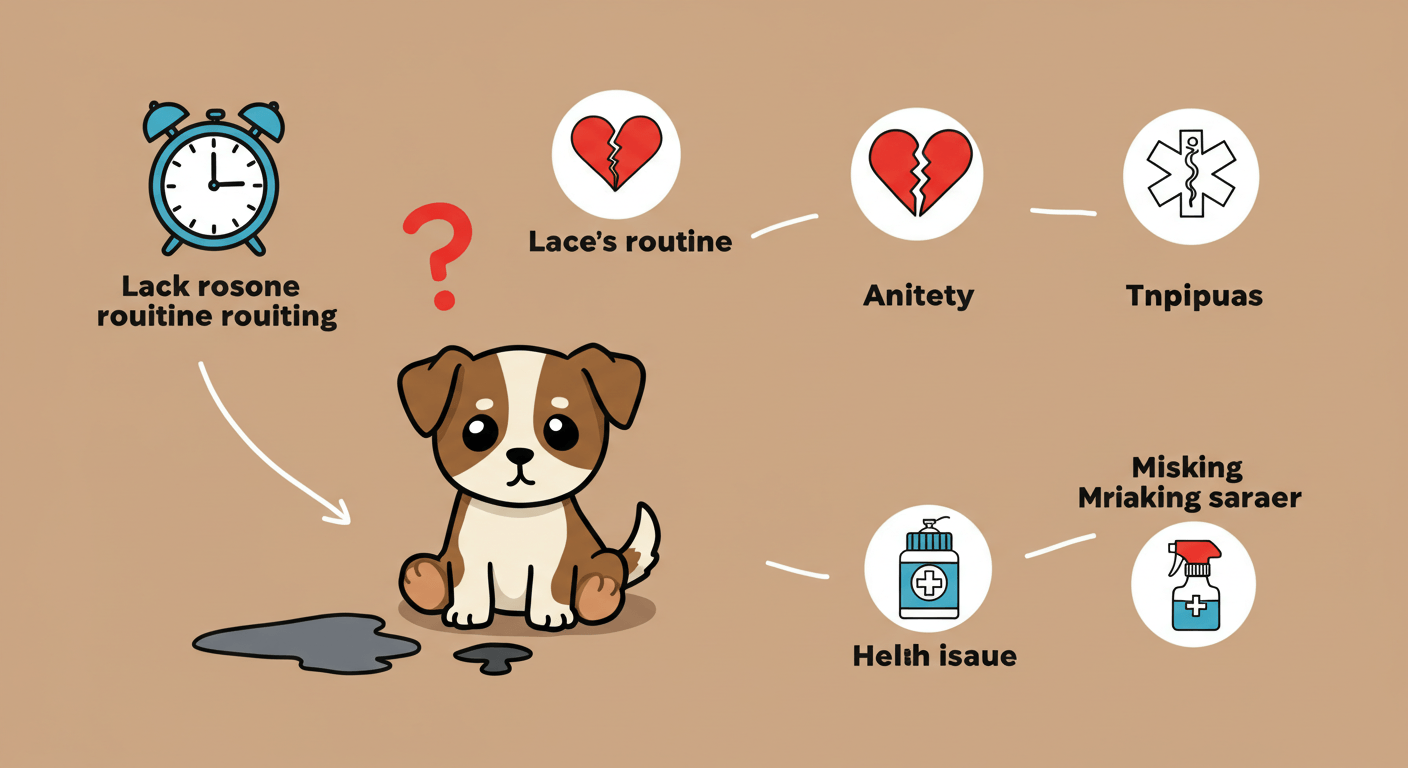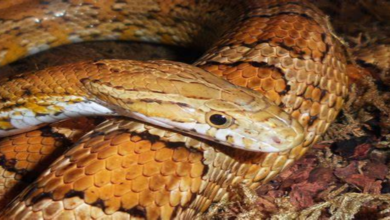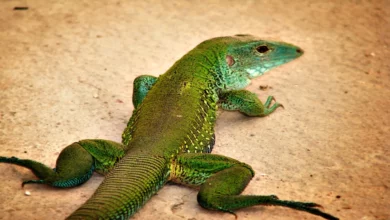Can Birds Eat Twizzlers? Here’s what we found out
If you've ever had Twizzler for a snack, and you've also heard your parrot ask you for a bite, you may have wondered: can birds eat Twizzler?
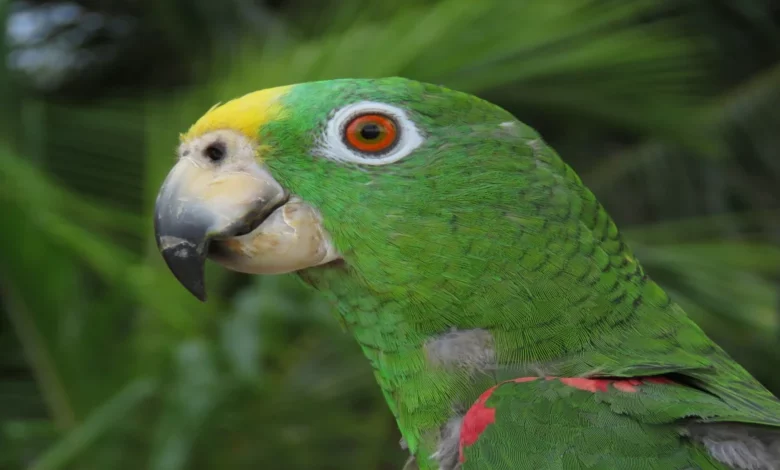
The thing is, your bird (and wild birds too) must not have licorice. But you shouldn’t worry, below are several other very delicious foods that you can share with your beloved bird.
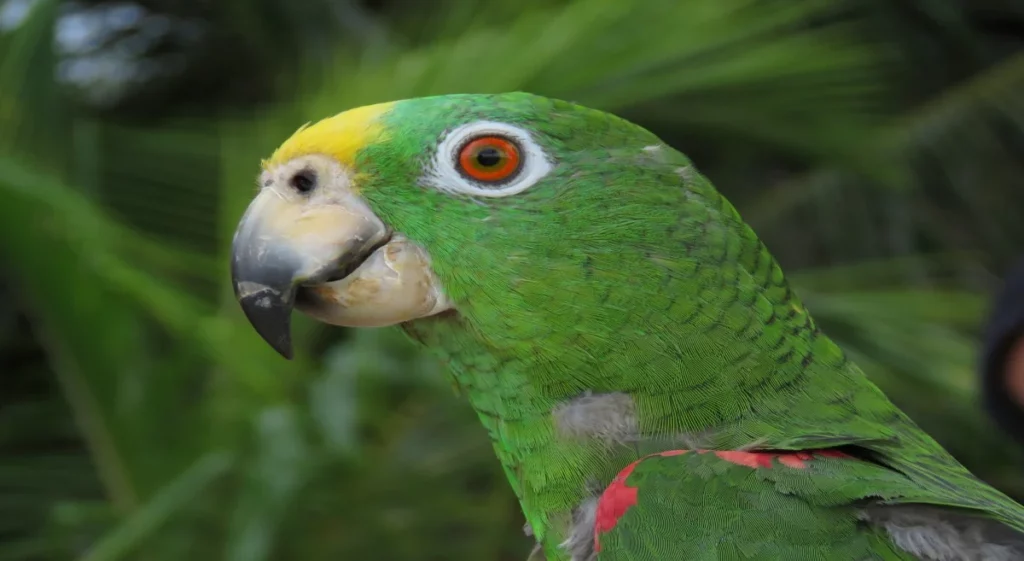
Can your bird eat Twizzlers as a treat?
No, in fact birds can’t eat twizzlers, because they are made mostly of corn syrup and also of sugar, and they don’t actually contain licorice. Birds should also not eat real licorice or any other kind of candy, this is serious!
Birds should avoid sweets because although sugar is not technically a very toxic food for them, but sugar is still not good to give to your birds.
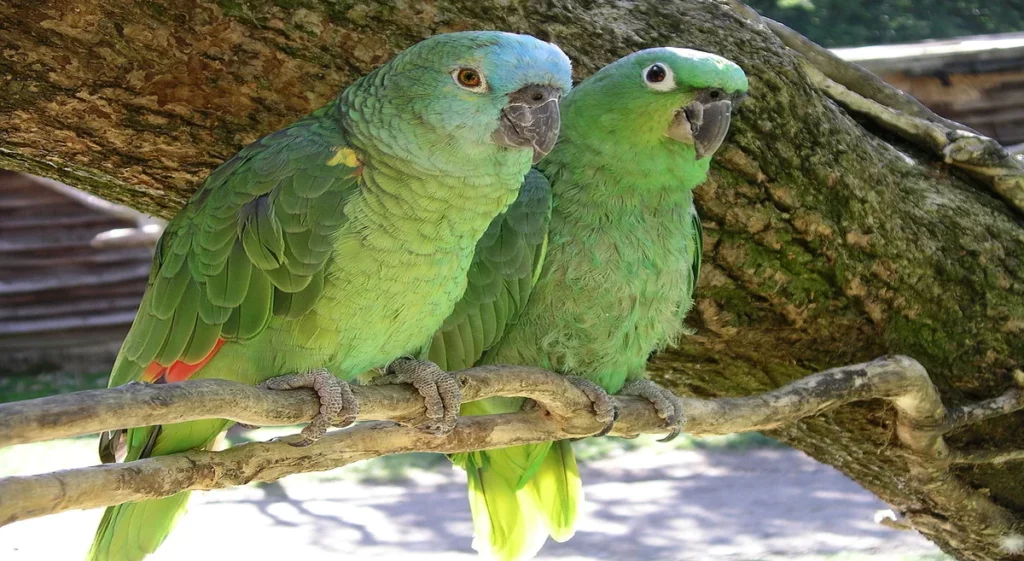
Now here are some other foods that birds should not eat:
- Avocado
- Chocolate
- Caffeine
- Mushrooms
- Onions
Along with foods that are high in sugar, you should also avoid feeding your birds foods that are high in fat and also sodium, as they will have great difficulty digesting them. Birds are considered lactose intolerant, so avoid dairy products.
What is licorice?
Licorice is a type of sweet-smelling plant that grows in the Mediterranean region. It has a long history of use in traditional medicine and also as a sweetener.
Licorice is a plant that can grow wild in the Mediterranean region, but it has been cultivated for several centuries for its very sweet taste and medicinal properties. The Greeks and Romans used licorice to add some flavor to their wines, while the Egyptians used it to add a taste to their beer.
Several people think of licorice as an herb, however, it is a legume that is related to peas, beans, and also to lentils.
Can birds eat licorice?
Although licorice root does not technically appear in the most common Twizzler flavors, it is very important to know whether birds can also eat licorice. Licorice is considered quite toxic specifically to parrots, but it’s probably a great idea to keep it well away from birds of all species, just in case.
Can parrots eat lollipops?
Yes, but they may not be as happy about it as you might imagine.
Parrots are not meant to eat lollipops. They have a digestive system that is designed to digest seeds and nuts, so a lollipop might make them very sick.
But nevertheless, if you want to treat your parrot to some kind of treat, you can give him something like grapes or raisins instead of a lollipop.
Parrots can eat lollipops, but this is not recommended. Because they are not designed to digest sugar, causing them to choke on the candy.
So what snacks can birds eat?
If you are looking for fruits and vegetables that are safe and healthy for your bird, they are all delicious and very nutritious to share with your parrot, parakeet, or other pet bird:
- Pumpkin
- Pumpkin
- Apples
- Banana
- Broccoli
- Sweet potato
- Zucchini
If you are feeding your birds fruits and vegetables, you should make sure that they only make up about 15 to 30 percent of their diet, says Dr. Laurie Hess and also Dr. Rick Axelson of VCA Animal Hospitals.
Although your bird cannot eat Twizzler, there are several types of healthy foods that you can give your bird.

